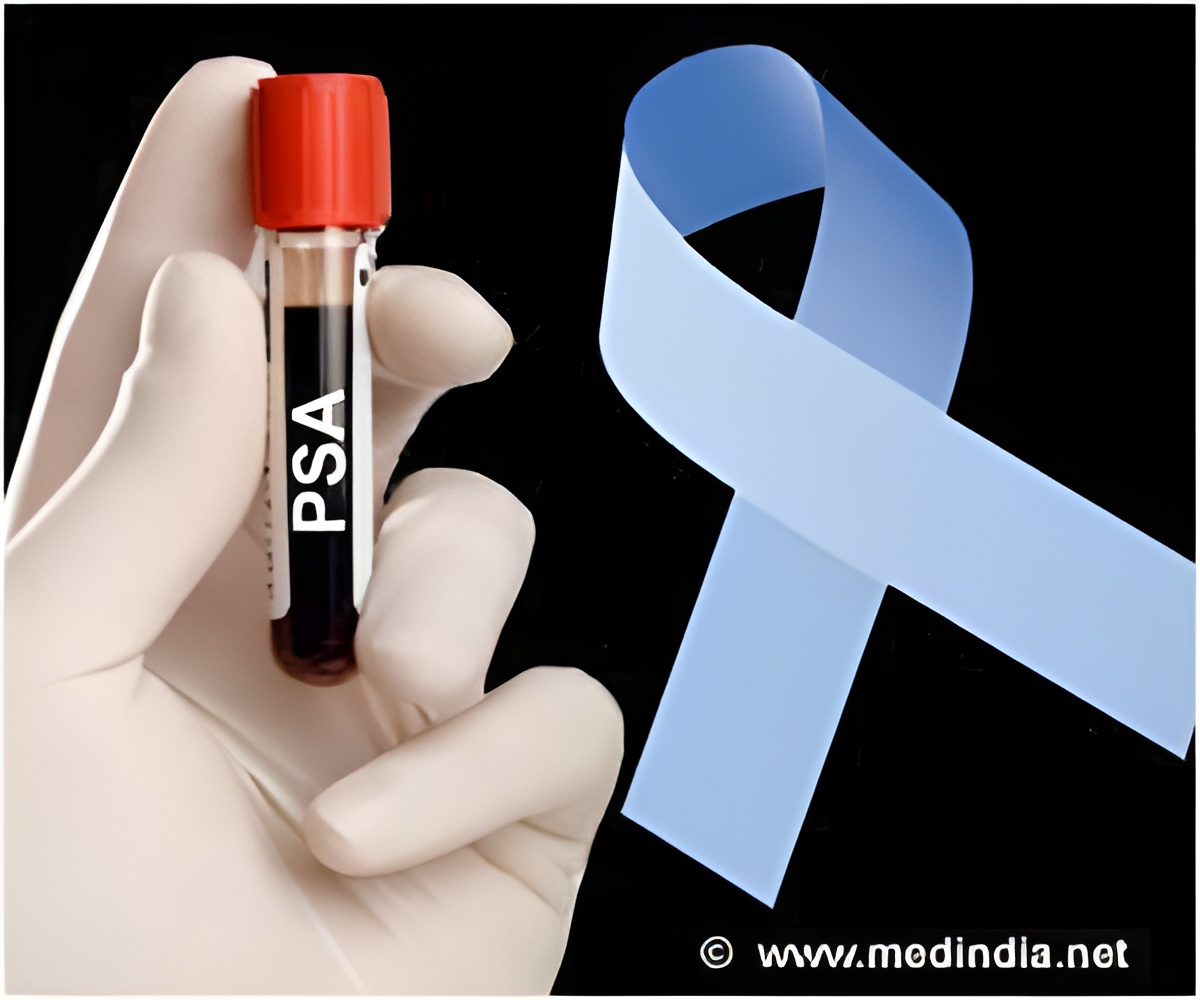
The researchers believe that they have identified a group of RNA molecules - known as long noncoding RNAs (lncRNAs) - that hold the potential for serving as better prognostic markers for prostate cancer. lncRNAs were dismissed until recently by scientists as non-functional noise in the genome. However, they are now thought to regulate normal cellular development and are increasingly reported as contributing to a range of diseases, including cancer.
The study profiled the lncRNAs in three distinct groups: (1) human prostate cancer cell lines and normal prostate epithelial cells; (2) prostate adenocarcinoma tissue samples and matched normal tissue samples; and (3) urine samples from patients with prostate cancer or benign prostate hyperplasia, and normal healthy individuals. In each case, the lncRNAs were elevated in prostate cancer patient samples, but not in patients with benign prostate hyperplasia or normal healthy individuals.
One advantage of lncRNAs is that the molecules can be detected in urine samples, which are more easily available than blood tests. One lncRNA, PCA3, was recently commercialized in a urine test to identify which men suspected of having prostate cancer should undergo repeat prostate biopsy. However, discrepancies exist between PCA3 levels and clinicopathologic features, noted Dr. Perera. In the current study, PCA3 was detected in some, but not all of the study samples, suggesting that reliance on a single biomarker may be insufficient for prostate cancer detection, whereas combining additional markers may increase the specificity and sensitivity of the test.
The study was published in The Journal of Molecular Diagnostics.
Source-ANI













